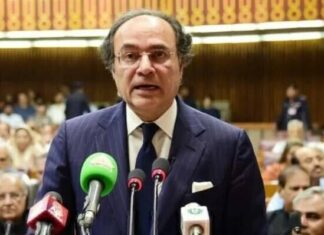ISLAMABAD: The federal government has decided against reducing gas tariffs effective from July 1, despite the Oil and Gas Regulatory Authority (Ogra) announcing a 10% reduction in gas prices for the upcoming fiscal year. This decision, guided by International Monetary Fund (IMF) directives, includes a Rs250 per mmBtu hike in gas prices for captive power plants (CPPs), raising the tariff to Rs3,000 per mmBtu from the current Rs2,750 per mmBtu.
Senior officials from the energy ministry disclosed that the government aims to achieve a surplus revenue of Rs100-115 billion after fulfilling the necessary revenue targets for the next financial year. This surplus will be utilized to gradually reduce the mounting circular debt, which has escalated to Rs2900 billion, with previous year losses reaching Rs1500 billion.
In response, the Petroleum Division has instructed Ogra to collaborate with Sui gas companies to alleviate the circular debt burden using the surplus revenue.
The IMF has raised concerns about CPPs, predominantly operating within the Sui Southern network, consuming significant natural gas resources inefficiently, with losses amounting to 30-35%. The lender advocates connecting these plants to the national electricity grid to optimize efficiency and reduce wastage.
Moreover, the IMF has mandated an incremental increase in gas prices for CPPs, aligning them with Re-Gasified Liquefied Natural Gas (RLNG) rates by January 1, 2025. Accordingly, the government plans to implement a Rs250 per mmBtu increase from July 1, 2024, with an additional Rs700 per mmBtu hike scheduled for January 1, 2025, to meet IMF guidelines.
Previously, the Petroleum Division had requested funds from the Finance Division to alleviate circular debt, which had accrued to Rs260 billion between FY19 and FY23 due to RLNG diversion costs to the domestic sector. However, the latest fiscal budget for 2024-25 did not allocate any subsidies for this purpose, given the decision not to decrease gas prices as recommended by Ogra. The surplus revenue generated will be directed towards reducing overall losses in the gas sector.
Currently, the government does not subsidize natural gas for domestic consumers, as the burden of Rs110 billion per year in cross-subsidies primarily falls on industrial and high-end domestic consumers.
To ensure fiscal stability, the IMF has advised the government to adjust gas tariffs biannually, effective from July 1 and January 1, to prevent future spikes in the gas circular debt.























